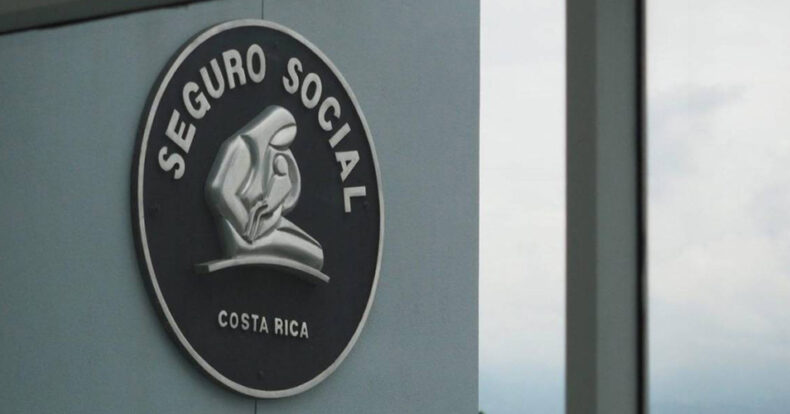The crisis of the Costa Rican Social Security Fund: a Challenge for the People

The crisis of the Fund Costa Rican Social Security Fund (CCSS) is a serious concern for Costa Rican society.
There is a need to understand that this institution is not only a governmental entity, but belongs to the Costa Rican people. Consequently, its preservation is essential to ensure access to quality health services.
Roots of this crisis
This entity is on the brink of the precipice, facing serious economic and management problems. Recently, the Costa Rican government revealed the alarming economic state of the institution, acknowledging the existence of a long-standing crises dating back to the 1990s.
The crisis of the Fund Costarricense del Seguro Social (CCSS) has roots in the lack of transparency, the imbalance between expenses and revenues, the absence of a coherent policy, demographic pressures and the aging of the population, and the rising costs of medical technology.

The CCSS is in the midst of a major political and moral crisis
The present administration has pledged to take disciplinary action against possible acts of corruption and to prioritize the investments needed to improve the institution’s infrastructure, equipment and technology. Also, the importance of implementing sound information systems, establishing a sustainable salary policy, and using actuarial studies to formulate accurate financial projections has also been emphasized.
However, in a recent press conference, the Costa Rican government exposed the worrying situation of the savings bank. Marta Eugenia Esquivel, executive president of the CCSS, highlighted the critical economic situation of the institution, attributing this problem to a long-term crisis and stating that it has been mismanaged for years.
Uncertainty surrounding the debt resolution
The Caja Costarricense de Seguro Social‘s costs have exceeded its revenues, resulting in a drastic decrease in the quality of services provided.
But concerns persist about the government’s US$4.365 billion debt to the Fund. The lack of clarity from the government as to its intentions to resolve this debt generates uncertainty and worries legislators and the population in general.
In conclusion, the Fund’s crisis represents a major challenge for the citizens of Costa Rica. There is need for swift and effective action by the government to overcome this crisis, hold accountable those responsible for mismanagement, and ensure the sustainability and future viability of the institution. Concrete solutions that protect their access to quality health services and address the systemic problems that have plagued the Fund for decades are awaited by the people.
Sensorial Sunsets
Navigate articles




